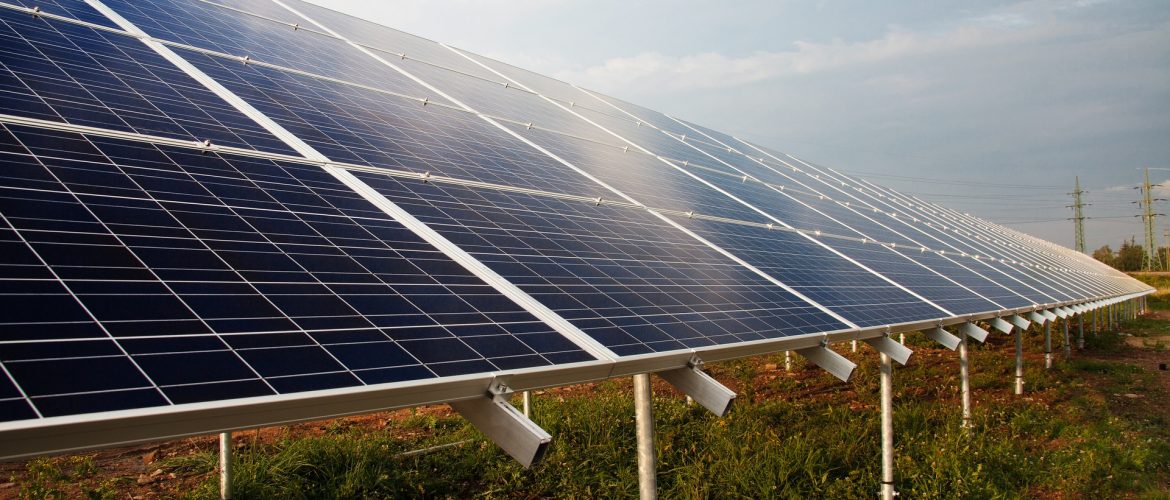As Greece and the EU-27 seek ways to immediately reduce fossil gas consumption, Nikos Mantzaris explained on ERT radio and television that the goal is achievable through the deployment of RES, and savings in the residential and industrial sectors, without the need to increase the use of lignite.
Specifically, the analysis conducted by the Green Tank titled “Reduction of fossil gas consumption in Greece: Scenarios and recommendations” shows that the mere implementation of the government’s announcements to install 2 GW of renewables in 2022 and to continue at the same rate during the first quarter of 2023 (500 MW) together with a small reduction in gas consumption in the buildings and industrial sectors, with no increase in the lignite production, are enough to achieve fossil gas consumption reduction by 15% during the August 2022-March 2023 eight-month period as compared to the average consumption recorded during the respective 8-month time periods of the previous five years (2017-2021). This is the target proposed to all member states by the European Commission, in July 20, 2022.
Given that official data up to May show that around 700 MW or renewables have been installed so far, the installation processes needs to be accelerated in order to provide the system with the cheapest and cleanest electricity we can produce. After all, Greece has a comparative advantage as more than 2/3 of its fossil gas flows are dedicated for electricity production. At the same time, we must necessarily accelerate energy upgrades in buildings. On the contrary, scenarios for a return to heating oil will lead us back to the source of the problem since the crisis we are facing today derives to a large extent from our dependence on fossil fuels.
Responding to journalists’ questions regarding the protection of households from the energy crisis, Nikos Mantzaris proposed a state aid policy that would not subsidise consumption – as is currently the case in Greece – but the savings of fossil gas and electricity by households and businesses. At the same time, we need investments in measures with a lasting effect, such as replacing gas and oil boilers in central heating systems with heat pumps or replacing fuels in industry with renewable gases.
Finally, one of the main “weapons” to tackle the crisis is to strengthen net metering for citizens and energy communities, namely to make citizens producers of the energy they consume with this energy coming from the sun and the wind. This will both in the short as well as in the longer term thus protecting the citizens from energy poverty.
The interviews were held on 6 & 7 September 2022 and were broadcasted on ERT News and ERT3 radio.
Part of the interviews is available at The Green Tank’s YouTube channel in Greek.
The analysis by the Green Tank is available here.



















































































































































































































































































































